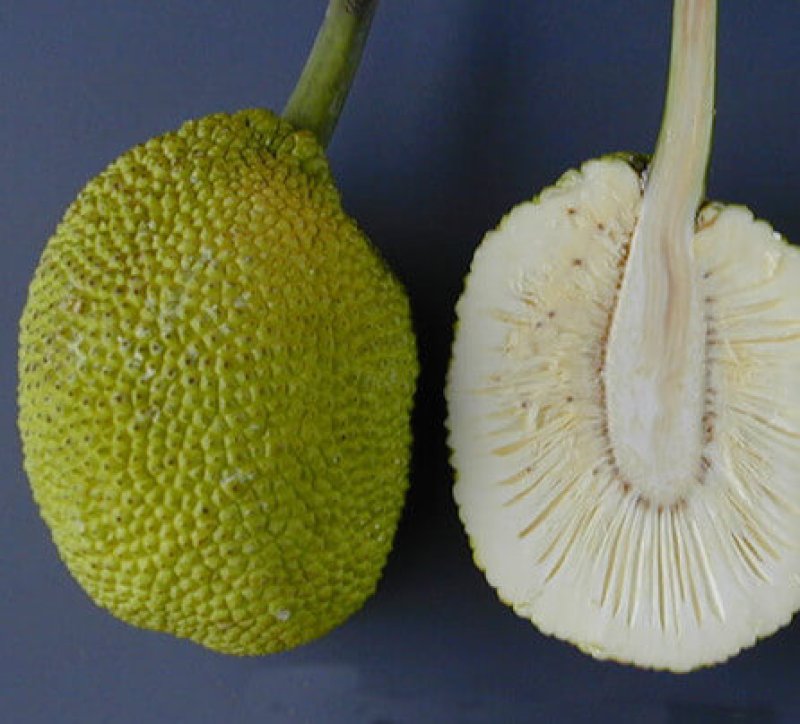The GLP aggregated and excerpted this blog/article to reflect the diversity of news, opinion and analysis.
Across Africa, some of the most nutritious crops are the indigenous, traditional foods that grow in the wild or in backyard gardens. . .but most of them have never been grown in formal agriculture systems and their seeds never bred for qualities like yield or higher nutrient content. The continent’s major cash food crops are far less healthy grains, mainly corn and rice.
When Howard-Yana Shapiro, a world-renowned plant scientist and chief agricultural officer at the food giant Mars, attended a lecture about childhood stunting in Africa, he thought he could help by improving the quality of crops that millions in rural parts of the continent were already eating.
. . . .
Shapiro realized that traditional foods can be a key to reducing the continent’s high rates of stunted growth and other malnutrition-related illnesses. The important part would be to breed them to boost yield or allow farmers to choose specific varieties with high nutrient content . . .
. . . .
The effort is now known as the African Orphan Crops Consortium (AOCC); the crops are considered “orphan” because . . . they have been largely neglected by breeders and ignored by agricultural business interests. . . .
. . . .
The AOCC [includes]. . . a plant breeding academy for scientists and plant breeders from across Africa, as well as sequencing equipment. All of the genome data will be public. Shapiro said BGI committed to doing the sequencing at almost no cost, and many of the other services or equipment required are being donated as well.
The effort is a unique one, and has brought together some surprising partners: agricultural research organizations, founding member Mars, genome sequencing companies—and data technology companies like Google and IBM.
Read full, original post: An Ambitious Genome Sequencing Project Is Tackling Africa’s Nutrition Crisis































